#bookworm corner
Text
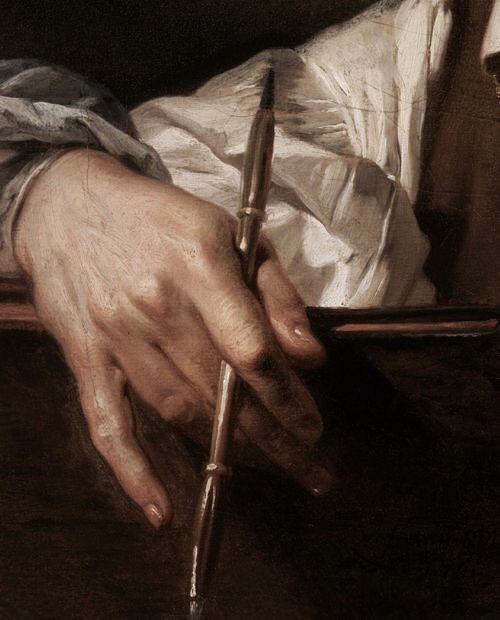
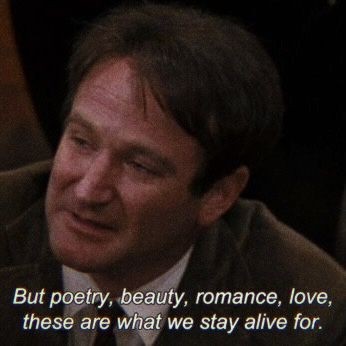
Poets are the painters of human experience, capturing the colors of their heart in verse.
— agelesslibrary
#poetry#books and libraries#reading#spilled poetry#literature#english literature#dark academia#bookworm#books#library#words#poem#poetsandwriters#virginia woolf#sylvia plath#love#romance#poets corner#poetblr
8K notes
·
View notes
Text






Every sliver of heartache I offer to you
#literature#bookworm#dark academia#dark academia aesthetic#darkest academia#darkest academia aesthetic#dark academism#dark academic#dark academic aesthetic#booknerd#dark naturalism#poetry#chaotic academia#chaoscore#dead academia#books and libraries#books and coffee#coffee and ciggaretes#coffee beans#spilled poetry#poets corner#hopeless romanticism#romanticism#romantic academia#romantic academia aesthetic#hopeless romantic#books and reading#bookblr#dark aesthetic#moody aesthetic
283 notes
·
View notes
Text

"Read a thousand books and your words will flow like a river."
~Virginia Woolf
@luciferslilith7
#aesthetic#dark academia#chaotic academia#spilled ink#academia#classic academia#light academia#classic literature#logophile#library date#library aesthetic#bookworm#book girl#books & libraries#books and poetry#books and coffee#poets corner#writeblr#booklr#dark romantica#books and libraries#someone take me on a library date#donna tartt#virginia woolf#the secret history#oscar wilde#fydor dostoevsky#franz kafka#the goldfinch#the unabridged journals of sylvia plath
277 notes
·
View notes
Text
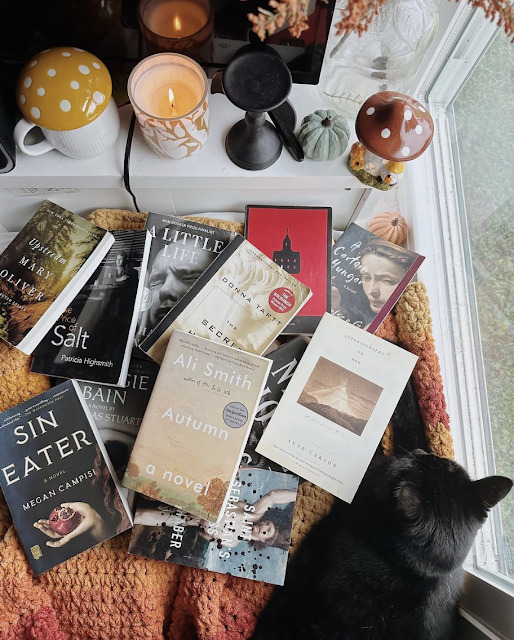
tore my shelves apart to share some autumn reads with you
#books#booklr#bookstagram#book photography#autumn#literature#reading#booklover#bookworm#bookblr#bookish#fall reads#black cats#halloween#autumn aesthetic#leaves#fall vibes#fall season#fall#reading corner#reading recommendations#book recs
580 notes
·
View notes
Text
My toxic trait: 12am me thinking I will only read one chapter.
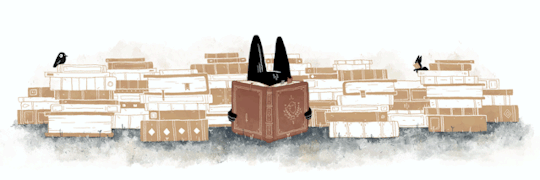
#famous last words#toxic traits#books#bookish#bookworm#all the chapters#bookblr#books are life#read read read#readers#reading#reader#books and reading#reading corner#am reading#readers on tumblr#readers of tumblr#book readers#read#book
176 notes
·
View notes
Text
You know when it’s raining heavily and you drive under a bridge? When it gets quiet for just a second, it seems as if everything stops? That’s how I felt when I was with you; my thoughts became sluggish and your warmth surrounded me — we were undeniably entangled.
i. Now that my bridge is gone, I’ve embraced my hurricane.
#writblr#poetblr#storm#booklover#bookworm#spilled ink#light academia#dark academia#female writers#original writing#women writers#original poem#writerscorner#poets corner#writeblr#short poetry#writerscommunity#writers and poets#poems and poetry#writers on tumblr#poets on poetry#poetscafe#writers and readers#writercore#female poets#poetscommunity#naturecore#trees and forests#treecore#poetry
1K notes
·
View notes
Text
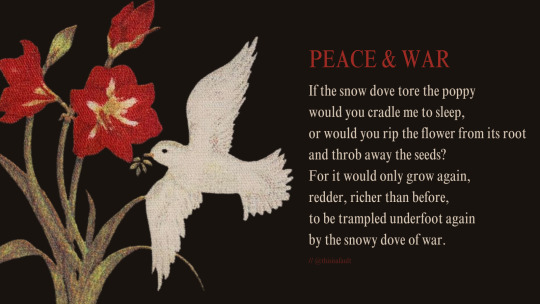
Words by me // PEACE & WAR // Poem inspired the embroidery on the left.
#writblr#poetblr#bookworm#spilled ink#light academia#dark academia#female writers#women writers#original poem#poets corner#writeblr#short poetry#writerscommunity#poems and poetry#poetscafe#writercore#female poets#poetry#aesthetic#academia aesthetic#chaotic academia#chaotic academic aesthetic#romantic academia#romantic academia aesthetic#lady dakota#dakota warren#one piece
178 notes
·
View notes
Text
one of my absolute favorite things about the multi povs in King's Cage - War Storm, is the fact that every single person that had a pov chapter (besides Maven) has called or referred to Maven as a child.
I rly wish I had ss for this but I'm too lazy to go through every chapter to find them (💀)
but I remember that the more the story went on, the more the characters began to realize what a child Maven was. which is ironic considering the fact that he turned from a boy prince that no one looked at to the King of Norta who everyone feared.
everyone slowly began to realize what a child Maven Calore truly was. and it's almost haunting. the only person who I feel always knew was Cal.
#i remember a scene where maven pouts because mare threw the dress he gifted her in a corner#i remember so so very vividly that he was constantly called a “child” in war storm#hes just a baby#ren💌maven#victoria aveyard#authors#booklr#books & libraries#bookworm#maven calore#red queen#glass sword#kings cage#war storm
61 notes
·
View notes
Text
To be, or not to be? That is the question— Whether 'tis nobler in the mind to suffer The slings and arrows of outrageous fortune, Or to take arms against a sea of troubles, And, by opposing, end them? To die, to sleep—
No more—and by a sleep to say we end The heartache and the thousand natural shocks
That flesh is heir to—'tis a consummation Devoutly to be wished! To die, to sleep.
To sleep, perchance to dream-ay, there's the rub, For in that sleep of death what dreams may come When we have shuffled off this mortal coil, Must give us pause. There's the respect That makes calamity of so long life.
-Hamlet. Act 3, Scene 1, Page 3
#poets cafe#poets corner#life#poem#poets on tumblr#poetry#poetsclub#poems on tumblr#spilled thoughts#spilled poetry#spilled words#spilled writing#spilled ink#hamlet#william shakespeare#shakespeare#william shakespere#book quote#bookblr#books#booklr#reading#bookworm#book lover#books and reading#love quotes#poems and quotes#quotes#quotations#life quotes
21 notes
·
View notes
Text
having a page open and then the book flipping shut accidentally ignites real feminine rage.
#istg#the way it makes me lose the will to live#feminine rage#girl problems#book struggles#books#book#book people problems#book problems#life problems#bookish#booklr#bookblr#booktok#new book#academia#academics#classic academia#light academia#dark academia#aesthetic#reading#reading aesthetic#reading vibes#reading corner#reading nook#bookworm#book lovers#bookaholic#book aesthetic
53 notes
·
View notes
Text
Please forgive me for staring.
I've never seen a star this close.
Your dazzling light is blinding.
My life, to you, I devote.
#love poems#i love you#lovers#love#love quotes#pride#diary#nature#poems#poems and poetry#poetic#poets on tumblr#spilled ink#unfeignedwriter#original poem#lgbtq#minecraft#poetry#the tortured poets department#writers and poets#poetry corner#my poetry#art#bookworm#bookish#writers#writers on tumblr#poets corner#poetry on tumblr#poem
30 notes
·
View notes
Text
Power
Was it my middle finger
in the wrong, or
Was it the wrong
time to be Slamming a car
door shut?
Bandaids do not concern me,
but I See my fingernail
Floating towards the storm
drain,
Parading alongside my
long lost nickname;
I keep thinking I could
Leave myself Out
if I wanted to,
Who do I need to ask
To be left out?
Aren’t all of my friends just
Noisy neighbors to me?
I have a hard time relating to power when
Power never sought a
Relationship with me
#poets on tumblr#poets corner#poetic#poetry#spilled ink#original poem#prose poem#poems and quotes#book quote#daily poem#comic books#books and reading#books#books & libraries#bookblr#reading#bookworm#bookstagram#bookish#literary quotes#literature#quotation#inspiring quotes#life quotes#love quotes#book quotes#quote#quoteoftheday#poetry quotes#quotes on tumblr
24 notes
·
View notes
Text

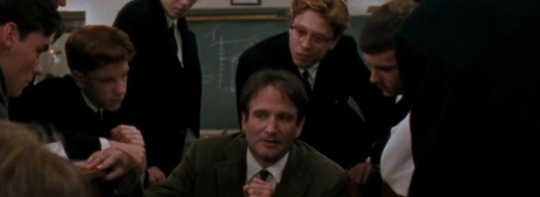

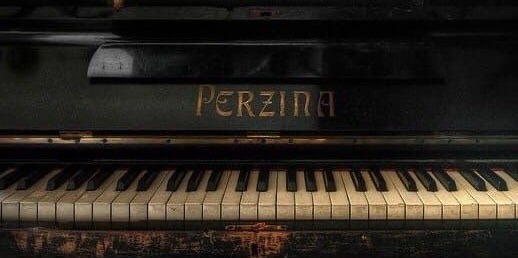
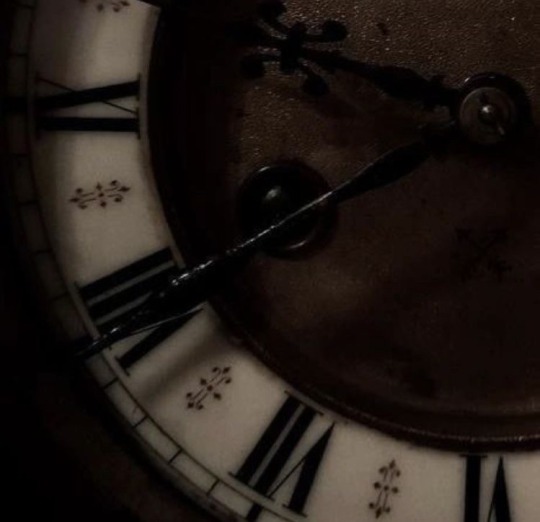
“What is home?”
It’s a place surrounded with books annotated with emotions, aged papers with messy handwritings, piano hugged by vines, sounds of ticking old clock filling the air, soothing smell of scented candles, magical library with books roaming around, a lake in front of the house accompanied by a kitten, near a garden filled with white flowers on the hillside, and with you by my side.
- nongiftedpoet
#poem#poems and quotes#poetic#poetry#poets on tumblr#poetsandwriters#things left unsaid#writers and poets#words words words#chaotic academia#books & libraries#booksbooksbooks#books#books and reading#bookbookbook#bookworm#library#romantic academia#dark academic aesthetic#rory gilmore#dark academia#classic academia#reading#aesthetic#pinterest#quotes#words#poets corner#poems and poetry#the tortured poets department
51 notes
·
View notes
Text
Do you ever just finish a book and then just exist. Like just stare at a wall because you just binged this book for hours. And now you don't know what to do. So you feel kinda like lost for the rest of the day. Until you find another book and the cycle starts all over again.
No, just me
Ok
#Feelings am I right#*sobs in a corner*#reading#bookworm struggles#books#the cruel prince#six of crows#the inheritance games#the shadowhunter chronicles#caraval
33 notes
·
View notes
Text
Trope chats: Femme fatales and damsels in distress

The tropes of femme fatales and damsels in distress have been enduring elements in literature, reflecting and shaping societal attitudes towards gender roles and expectations. These archetypes, while seemingly polar opposites, share a complex relationship that transcends the surface narrative. In this essay, we will delve into the origins, appeals, evolutions, comparisons, and societal impact of these archetypal characters, exploring how they mirror and influence the societies that create and consume them.
The femme fatale archetype emerged in early 20th-century literature, embodying a seductive and dangerous woman who uses her charm to manipulate men. This archetype taps into societal fears of female empowerment, challenging traditional gender norms. The allure of the femme fatale lies in her ability to wield her sexuality as a weapon, destabilizing the male protagonist's control and agency.
On the other hand, the damsel in distress archetype dates back centuries, portraying women as helpless and in need of rescue. This trope capitalizes on the societal ideal of women as delicate and dependent, reinforcing traditional gender roles. The appeal of the damsel in distress lies in the hero's journey, where the male protagonist's valor is showcased through his ability to save and protect the vulnerable female character.
Over time, both archetypes have evolved, reflecting changing societal attitudes towards gender. The femme fatale has morphed from a one-dimensional seductress to a multidimensional character with agency, complexity, and sometimes sympathetic motives. Writers began subverting the trope, providing femme fatales with backstories and motivations that challenge simplistic notions of good and evil.
Similarly, the damsel in distress has undergone transformation, with modern literature introducing empowered and resilient female characters who actively participate in their own rescue. This evolution reflects a shift in societal expectations, acknowledging that women can be both strong and vulnerable, active participants in their destinies.
The femme fatale and damsel in distress serve as contrasting symbols, representing opposing views of female agency and vulnerability. While the femme fatale challenges patriarchal norms by using her power, the damsel in distress reinforces traditional gender roles by embodying vulnerability. These archetypes exist on a spectrum, with characters often incorporating elements of both, highlighting the complexity of female representation in literature.
Literature has the power to shape and reflect societal attitudes. The portrayal of femme fatales and damsels in distress can perpetuate or challenge gender stereotypes, influencing how readers perceive and internalize these roles. The evolution of these archetypes mirrors societal progress, showcasing a dynamic interplay between literature and cultural shifts.
Moreover, these archetypes have real-world consequences, contributing to and perpetuating gender inequalities. The repeated exposure to stereotypical portrayals of women in literature can reinforce harmful societal norms and expectations, impacting how women are perceived and treated in everyday life.
The tropes of femme fatales and damsels in distress offer a rich tapestry for exploring the intricate dynamics of gender in literature. As these archetypes continue to evolve, writers have the opportunity to challenge and reshape societal attitudes towards gender roles. By critically examining the appeals, evolutions, comparisons, and societal impact of these characters, we gain insight into the complex interplay between literature and the cultural narratives that shape our understanding of gender.
#writeblr#writers of tumblr#writing#bookish#booklr#fantasy books#creative writing#book blog#ya fantasy books#ya books#wr#writing community#teen writer#tumblr writers#writblr#writer problems#writerblr#writers#writers community#writers corner#writers on tumblr#writerscommunity#writerslife#writing blog#book review#bookworm#book recommendations#booklovers#books and reading#books
20 notes
·
View notes
Text
To be a dreamer is to be a lit candle in a dark house.
#source: katherine ophelia#booklover#bookworm#original writing#poets corner#female writers#writeblr#original poem#writers and poets#I am a dreamer#romantic poets#poetry corner#poets society#writers community#writers society
39 notes
·
View notes